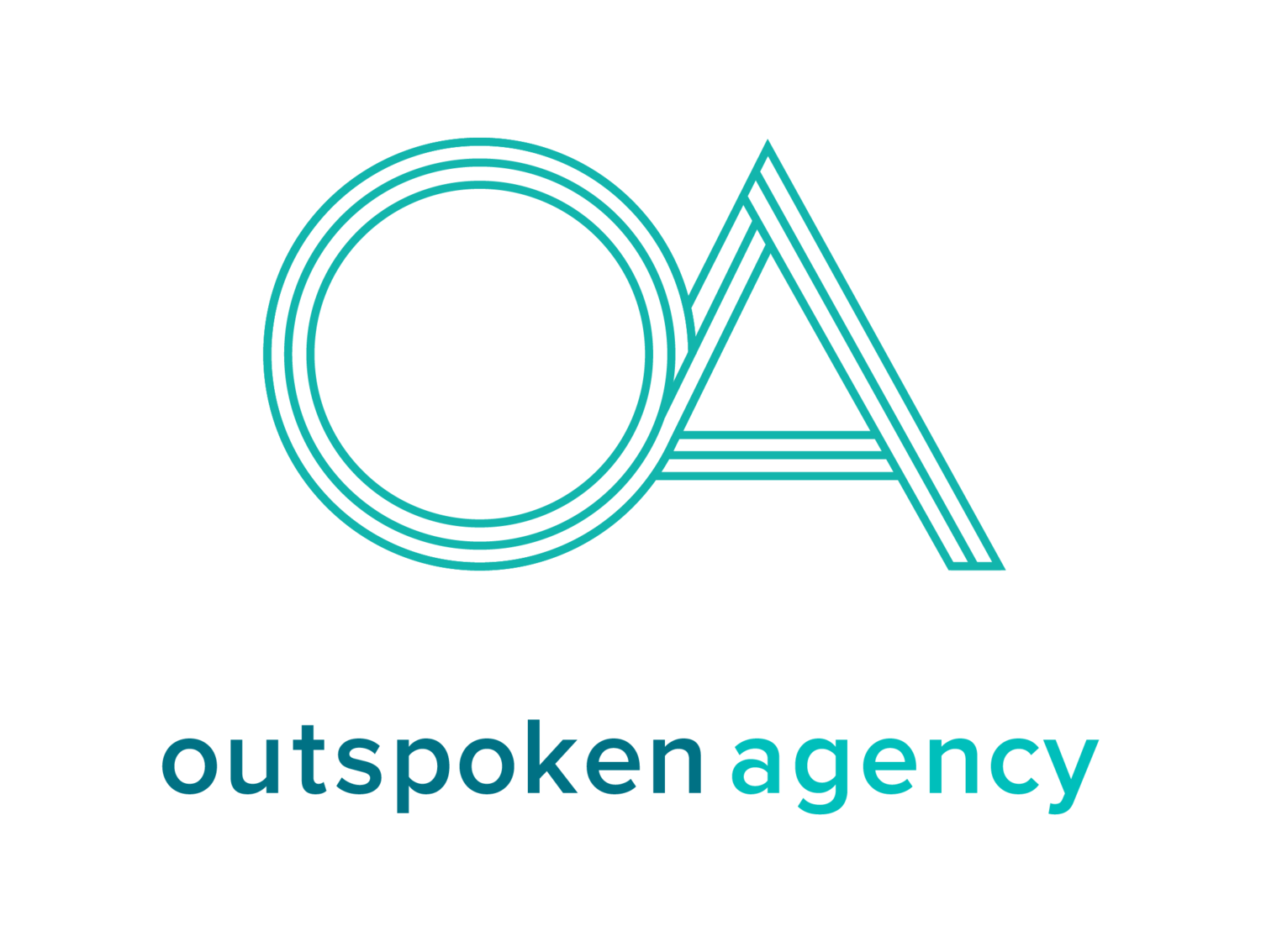Advice on Discussing the Subjects of Race, Class and Gender at Work from Denise Hamilton and Jenna Arnold
/A major shift is happening across the country when it comes to answering the calls of systematic racism and discrimination in the workplace. While there is no instant solution to combating these inequalities, progress can and should be made now—and it starts with us.
Outspoken speaker and founder of WatchHerWork, Denise Hamilton, recently participated in a session called “Beyond Petitions and Protest: The Art of Being an Authentic Ally,” hosted by the YWCA in Greenwich, Connecticut. Denise, along with Jenna Arnold, the author of Raising our Hands, answered questions about broaching the subjects of race, gender and class at work.
Manon DeFelice, a contributor at Forbes, asked Hamilton and Arnold to share some of their thoughts on the most popular questions they are asked about being more inclusive at work. Read the full article here, and check out our summary below.
1. “Why do companies need to focus on diversity, equality and inclusion?”
According to Hamilton and Arnold, “Diverse companies will attract higher-quality employees and better-leveraged partners.”
Companies that prioritize diversity, equality, and inclusion see their bottom line increase by 19%. A recent study by the Boston Consulting Group found that “increasing the diversity of leadership teams leads to more and better innovation and improved financial performance.” Customers, investors, social media advocates and board members all ask questions about company diversity, and they respond to your answers with their wallets.
2. “What is the first step in moving toward such goals?”
Hamilton suggests that “those sincerely interested in doing this work find the courage to release their stories.”
While this is no easy task, it is an essential step. Our stories and backgrounds all play a
part in how we interact with others. Due to differences in understanding and vocabulary, we often miss the mark and talk over or at one another, instead of seeking a mutual understanding. “In Do Something, Hamilton challenges readers to explore the mythology that misshapes their perspective and invites them to become truly open to a reimagined world.”
3. “Are there immediate steps we can take?”
“We must first adopt into a more nuanced position and study the details of how your company operates,” says Hamilton and Arnold.
Hamilton and Arnold recommend checking your employee handbook to find out more information. Here are a few questions they recommend finding answers to:
“Is parental leave still housed in the ‘disability’ section?”
“Is it still titled ‘maternity’ when there are plenty of fathers that are primary caregivers?”
“How do you define ‘dress code?’”
“Do you have a ‘sustainability and wellness’ policy?”
“Does your company single out Christmas as a holiday, without a Paid Time Off policy for other religious holidays?”
4. “How do I tackle these subjects with work colleagues without causing more harm?”
You start this process by having courageous conversations, but “Hamilton cautions not to place an undue burden on the people of color in your sphere.”
Hamilton shared that it is an unreasonable expectation to think that people of color will be “receptacles of your grief.” Instead, she recommends starting these types of conversations with people that you have a relationship with, and that foundation will help make the conversation successful. Remember, it’s imperative that you take time and examine yourself before tackling these subjects.
Furthermore, book clubs, workshops and reading lists that all discuss the topics of race and inclusivity are growing at a rapid pace. Hamilton and Arnold recommend encouraging colleagues to read more and be involved and bring that knowledge back to your company.
_______
Denise Hamilton and Jenna Arnold are leading women and organizations through these tough conversations on how individuals can contribute and make a substantial impact on systematic racism. From Denise’s perspective and extensive practice in inclusion training and Jenna’s research studying the most influential demographic in America—white women—these allies will help women across the country learn how to form the ultimate power ally-ance that we’ve all been waiting for.
To learn more, check out the tour’s page with additional information: https://www.outspokenagency.com/allyance-tour


